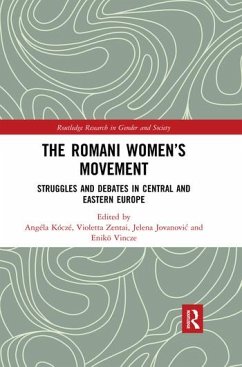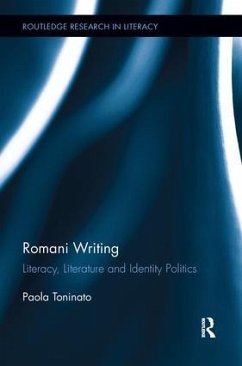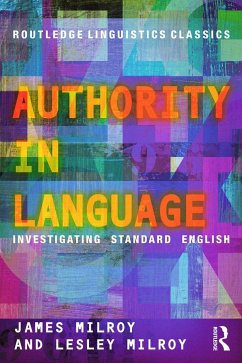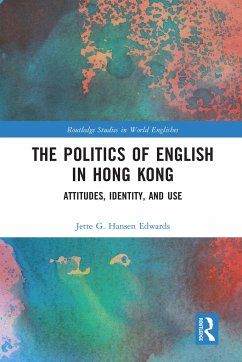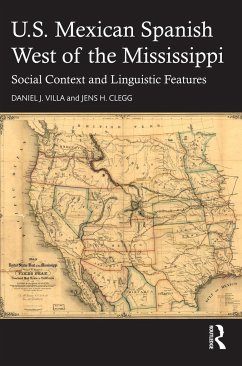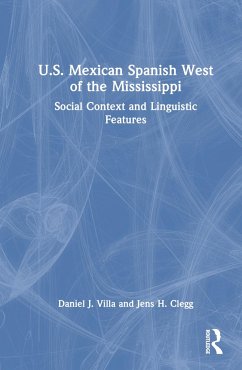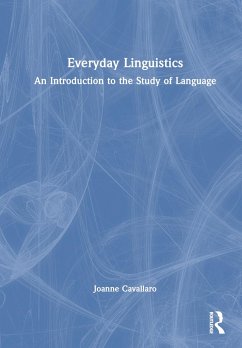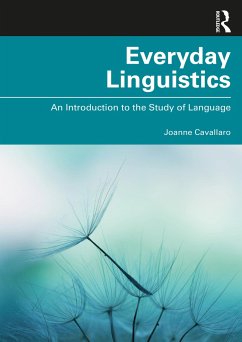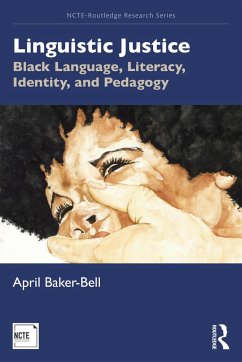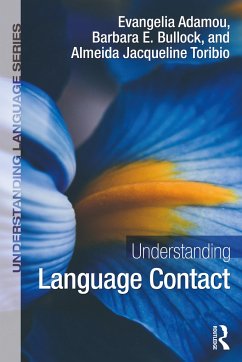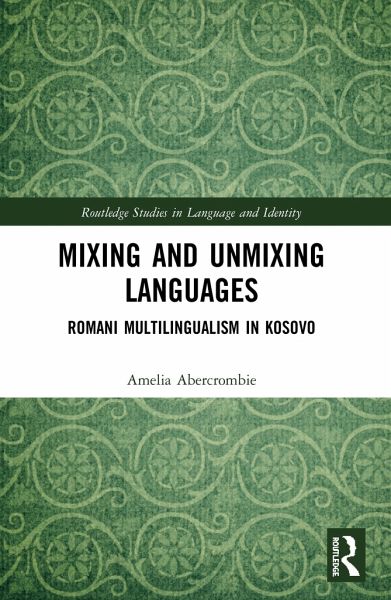
Mixing and Unmixing Languages
Romani Multilingualism in Kosovo
Versandkostenfrei!
Versandfertig in 6-10 Tagen
46,99 €
inkl. MwSt.
Weitere Ausgaben:

PAYBACK Punkte
23 °P sammeln!
Mixing and Unmixing Languages uses the politics and practices of language to understand social hierarchies and social change in a post-conflict and post-socialist context.The book focuses on Roma in Prizren, Kosovo, where the author conducted long-term ethnographic fieldwork, using language learning as a central method. Shifts in language practices among this highly multilingual group have reflected the demise of Yugoslav socialism, the rise of ethno-nationalist politics and conflict, and the post-war reversal of power relations in Kosovo. Roma in Prizren nostalgically narrate a past of cosmop...
Mixing and Unmixing Languages uses the politics and practices of language to understand social hierarchies and social change in a post-conflict and post-socialist context.
The book focuses on Roma in Prizren, Kosovo, where the author conducted long-term ethnographic fieldwork, using language learning as a central method. Shifts in language practices among this highly multilingual group have reflected the demise of Yugoslav socialism, the rise of ethno-nationalist politics and conflict, and the post-war reversal of power relations in Kosovo. Roma in Prizren nostalgically narrate a past of cosmopolitanism and employment in contrast to the present. Their position today is complex: while they stress their relative integration, this position is fragile in the face of nationalist politics and imported neoliberal economic policies. Within this context, Roma NGO workers have found an economic niche working on projects to protect multiculturalism and minorities, funded by international aid agencies, centred on Romani language. This book discusses the historical trajectory and current configurations of a Romani organisation in the town, the standardisation of Romani and the hierarchical organisation of linguistic forms and language learning, the self-representation of Roma and the 'gypsy' image through Romani-language drama, and attitudes to purism, mixing and cosmopolitanism.
Mixing and Unmixing Languages is suitable for academics and students in the areas of linguistic anthropology and linguistic ethnography, Romani studies, South-East European studies and sociolinguistics.
The book focuses on Roma in Prizren, Kosovo, where the author conducted long-term ethnographic fieldwork, using language learning as a central method. Shifts in language practices among this highly multilingual group have reflected the demise of Yugoslav socialism, the rise of ethno-nationalist politics and conflict, and the post-war reversal of power relations in Kosovo. Roma in Prizren nostalgically narrate a past of cosmopolitanism and employment in contrast to the present. Their position today is complex: while they stress their relative integration, this position is fragile in the face of nationalist politics and imported neoliberal economic policies. Within this context, Roma NGO workers have found an economic niche working on projects to protect multiculturalism and minorities, funded by international aid agencies, centred on Romani language. This book discusses the historical trajectory and current configurations of a Romani organisation in the town, the standardisation of Romani and the hierarchical organisation of linguistic forms and language learning, the self-representation of Roma and the 'gypsy' image through Romani-language drama, and attitudes to purism, mixing and cosmopolitanism.
Mixing and Unmixing Languages is suitable for academics and students in the areas of linguistic anthropology and linguistic ethnography, Romani studies, South-East European studies and sociolinguistics.





